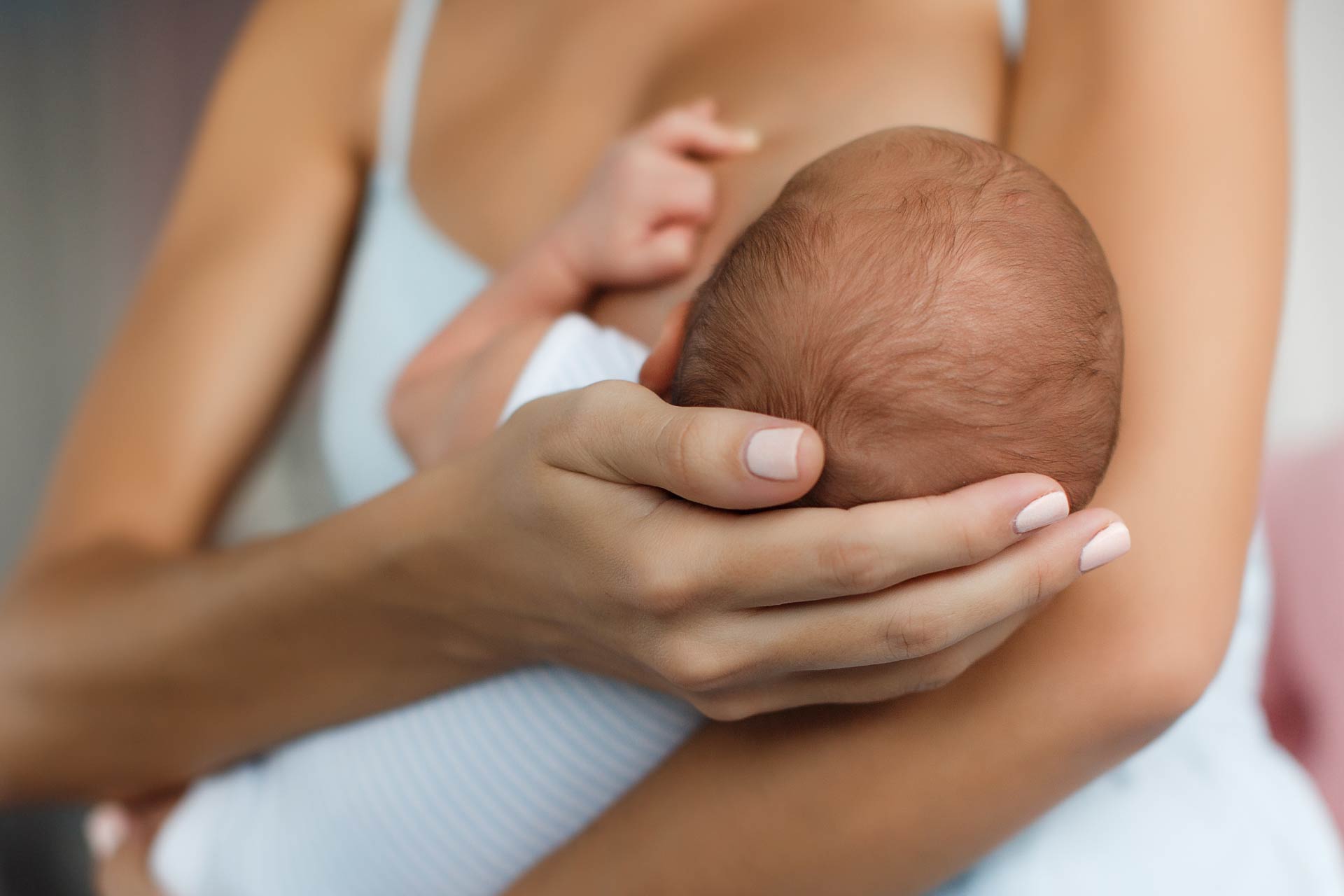• Mum’s bugs
• Maternal protection
What is already known on this topic
Maternal antibodies—passed onto the offspring both through the placenta during pregnancy and via breastfeeding shortly after birth—are known to protect newborn babies from various infections such as Streptococcus and influenza viruses. But it remains unclear how these antibodies offer immune protection against pathogens that the mother or the newborn haven’t encountered in the past.What this research adds
By studying newborn mice lacking immune cells and their mothers, researchers found that part of the protective effect of mother’s milk against the disease-causing Escherichia coli microbe comes from the bacteria that reside in the mother’s gut.Conclusion
The findings could inform the development of vaccines derived from microbial molecules and the use of commensal microbes as probiotics that protect against infections that cause diarrhea.
Mother’s milk is known to protect newborns from certain infections. Now a study in mice shows that part of maternal milk’s protective effects comes from the bacteria that reside in the mother’s gut.
The findings, published in Nature, could inspire new microbiota-derived therapies and vaccines against dangerous infections. “Another therapeutic avenue could be the use of commensal microbes as probiotics that protect against diarrheal disease,” says study senior author Dennis Kasper, an immunologist at Harvard Medical School in Boston, Massachusetts. According to the World Health Organization, infectious diarrhea caused by E. coli or rotavirus kills more than 500,000 people every year worldwide.
For years, scientists have known that maternal antibodies—passed onto the offspring both through the placenta during pregnancy and via breastfeeding shortly after birth—protect newborn babies from various infections such as Streptococcus and influenza viruses. But it remains unclear how these antibodies offer immune protection to pathogens that the mother or the newborn haven’t encountered in the past, the researchers say.
So Kasper and his team set out to analyze the development of neonatal antibodies by studying newborn mice that were genetically engineered to lack antibody-producing immune cells. Some of the newborn mice were raised by mothers that also lacked antibody-producing immune cells and as a result couldn’t produce and pass on protective antibodies. Another group of newborn mice was raised by mothers that had normal immune systems.
Mum’s bugs
The researchers infected both groups of newborn mice with a strain of Escherichia coli (E. coli) that causes a dangerous, potentially deadly form of infectious diarrhea.
Newborn mice exposed to protective antibodies from their mothers had 33 times fewer E. coli bacteria in their gut than newborn mice that were not exposed to such antibodies. Newborn rodents lacking protective antibodies developed widespread diarrheal disease.
The team also showed that Pantoea, a microbe that resides in the gut of mice and other mammals, including people, was responsible for triggering the development of protective antibodies.
Maternal protection
Next, the researchers analyzed a molecule called Fc receptor, which helps to transfer protective antibodies from the mother to the fetus through the placenta. The results reveal that this receptor also transfers milk-derived antibodies from the gut of newborns to their bloodstream, ensuring wider protection against infection. Adult mice, whose Fc receptor is no longer functional, did not transfer protective antibodies from their gut to the bloodstream.
While it’s unclear whether their findings apply to people, the study could point to new ways of protecting newborn babies from life-threatening infections, the researchers say. The results also support the idea that the microbial communities of the body play an important role in health and disease.
“Our results help explain why newborns are protected from certain disease-causing microbes despite their underdeveloped immune systems and lack of prior encounters with these microbes,” Kasper says.









